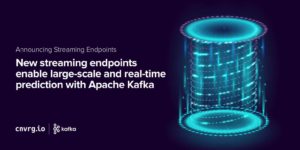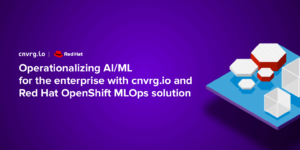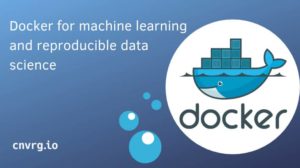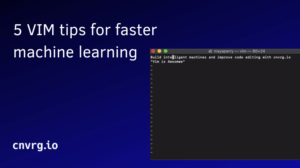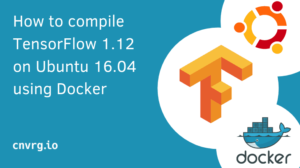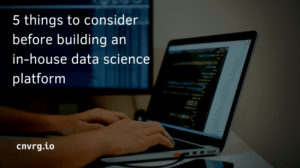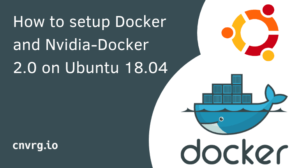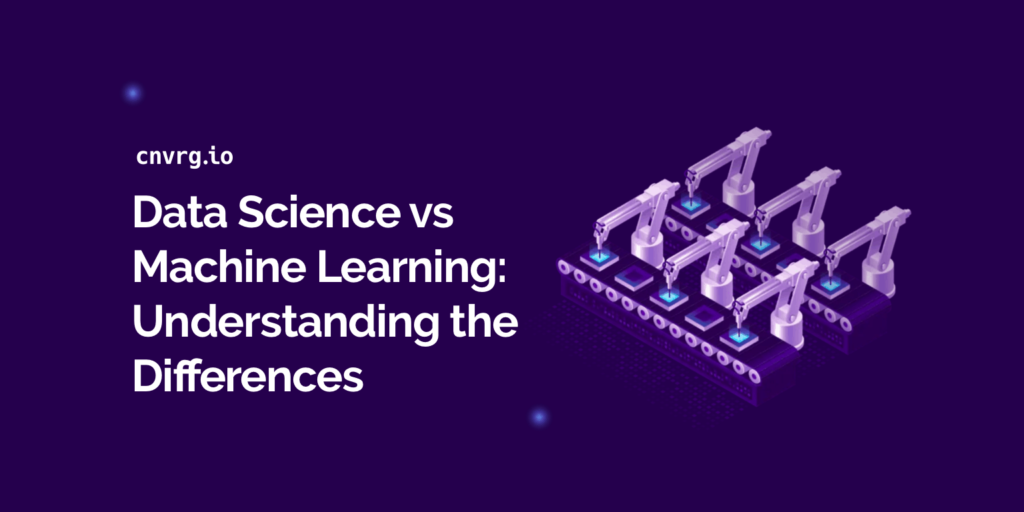
Today’s business world is driven by data. Extracting meaning and insights from the vast amounts of data available. Enterprises rely on data to remain competitive and to gain insights on customer behavior. Data is used for consumer behaviour prediction, targeted consumer advertising, security footage facial recognition, medical imaging interpretation technologies, financial market behavior prediction and many more real-world applications. However, there is still a considerable amount of confusion as to the difference between data science and machine learning. While they overlap, they are not one and the same
Data science is a discipline which seeks to apply scientific methods in order to glean meaning and insights from data. Data science entails an entire range of skills in programming, computational fluency, advanced math ability, scientific methodology and even soft skills like communication and collaboration.
Machine learning is a cluster of methods employed by data scientists which make it possible for computers to learn from data by using algorithms to predict results and future trends. These methods yield functional results without requiring the programming of exact rules.

While data science includes machine learning, they are not synonymous: data science is a broad discipline and includes a variety of applications and tools. What data science and machine learning share is of course the basic foundation – the data.
Disciplines such as machine learning, deep learning, NLP, computer vision and neural networks have risen from the need to analyze, make sense, interpret and utilize the data into actionable results, predictions and insights. Not only that, but they have been the foundation of endless technological advances in our world such as autonomous machinery, advanced sensors, robotics and more.
The field of data science
Data science emerged from the fields of statistical analysis and data mining, with the term data scientist coined around 2008. As mentioned previously, its applications are vast and the financial incentive is massive, whereas organizations not utilizing big data analysis may miss the opportunity for increased profits or additional cost savings, which can make or break businesses in the long run. The demand for data scientists exceeds the supply, and they are highly paid professionals.
A data scientist needs to be knowledgeable in the field of machine learning, have real life experience in coding SQL databases, be proficient in Python, R, SAS and scala, and master various analytical functions

IBM predicted in 2017 that by 2020 the number of Data Science and Analytics job listings is projected to grow by nearly 364,000 listings to approximately 2,720,000.
The practice of machine learning
Machine Learning is a group of methods employed by data scientists which utilizes algorithms to take a dataset, train it as a model and use the model to predict future outcomes and trends based on the data. Thus, machine learning allows you to take big data, learn from the data and implement your conclusions for real-life applications. Data science teams in an enterprise setting produce high impact machine learning models with the purpose of improving business outcomes.
Machine learning is a tool in the data scientist’s arsenal. In order to build a machine learning model, data scientists require skills such as statistical modeling, computer science fundamentals, data modeling and evaluation, a grasp of application of algorithms, data architecture design, computational infrastructures, machine learning frameworks and languages.
Most industries nowadays use machine learning, particularly for the purpose of reducing costs, accelerating manual tasks and providing innovative solutions to its customers. While data science is new as a profession in an enterprise setting, many of the tasks required to build machine learning are not developed for a fast paced production setting. Data science requires a lot of computationally heavy tasks that are not actually data science related and often require DevOps. Luckily, over the past few years, machine learning platforms such as cnvrg.io have developed more enterprise suitable data science management tools to accelerate machine learning pipelines from research to production, allowing data science teams to work on the real magic – algorithms.

